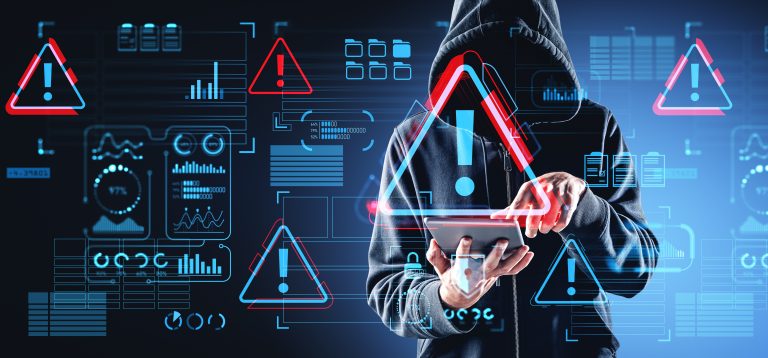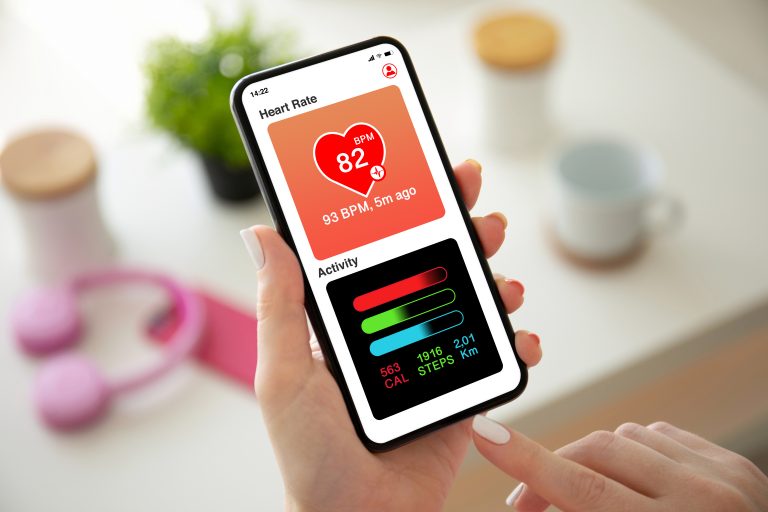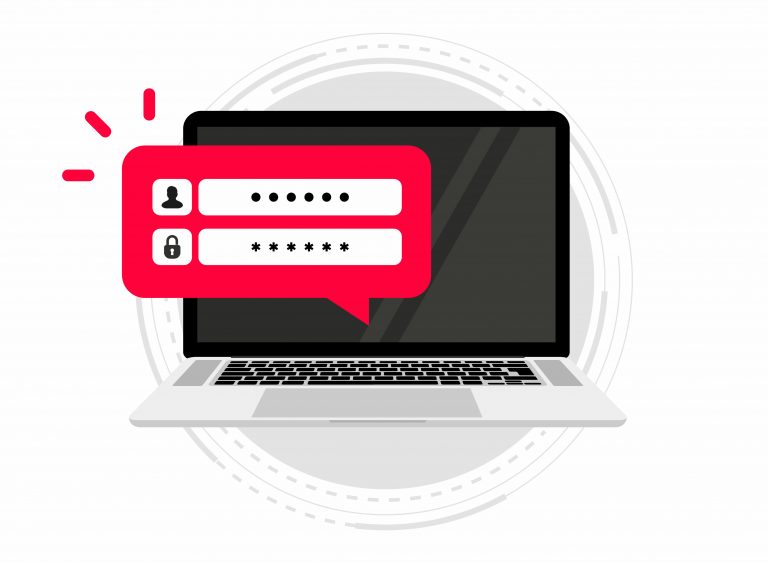Securing Your Health Data: Privacy Measures in Telemedicine
January 25, 2024Telemedicine has become an increasingly popular option for accessing healthcare services, allowing patients to consult with healthcare providers remotely. What…

Do you ever worry about your personal information being hacked and stolen online? With the rise of technology and the increasing use of the internet, cyber attacks, identity theft, and hacker activity have also become more prevalent.
Internet or computer hackers are defined as individuals or groups who exploit security vulnerabilities to gain unauthorized access to computer systems or networks. These malicious actors may steal sensitive data, disrupt operations, or spread malware. To ensure security, it is important to use strong and unique passwords, regularly update software, and be cautious of suspicious links and emails. Employing reliable antivirus and firewall protection can also help thwart their efforts. Additionally, regularly backing up data and staying informed about the latest cyber threats are crucial practices to safeguard against internet hackers.
A hacker infiltrated a company’s network through a phishing email, compromising sensitive data. Implementing cybersecurity measures could have prevented this breach.
The threat of internet hackers is a growing concern in today’s digital age. These individuals use various tactics to gain unauthorized access to personal information and disrupt online activities.
Phishing is a form of internet hacking that involves deceiving individuals into disclosing sensitive information, such as passwords or credit card numbers, through deceptive emails, social media or websites. To protect yourself from phishing attacks, avoid clicking on suspicious links or attachments in emails, and always verify the legitimacy of the sender before providing any personal information. Additionally, using security software can help identify and block phishing attempts.
Malware, a common tool for internet hackers, can be prevented and mitigated through the following measures:
Install reputable antivirus software to detect and remove Malware. Regularly update your operating system and applications to patch security vulnerabilities. Exercise caution when clicking on links or downloading attachments, or downloading software, especially from unknown sources. Back up your data regularly to minimize the impact of Malware attacks. To stay protected, remain vigilant and proactive in safeguarding your digital devices and information.
A Denial of Service (DoS) attack floods a system, server, or network with traffic to disrupt normal operations.
Implement a robust firewall to filter out illegitimate traffic. Utilize intrusion prevention systems to identify and block malicious traffic. Employ load balancers to distribute traffic evenly and prevent overwhelming specific resources. Partner with a content delivery network (CDN) to absorb and mitigate large-scale traffic surges. Stay vigilant and maintain proactive security measures to protect against Denial of Service (DoS) attacks.
With the increasing use of technology, mobile devices, and the internet, it has become more important than ever to protect ourselves from internet hackers.
Create complex passwords using a mix of characters and avoid easily guessable information. Use a different password for each account, consider a password manager, and update your passwords regularly to enhance online privacy and security.
Keep your software and devices up-to-date by enabling automatic updates, promptly installing security patches, and using reputable antivirus and anti-malware software. Regular data backups are also crucial for added protection.
Be cautious with emails and links. Verify sender authenticity, avoid suspicious attachments or links, and double-check URLs to ensure they lead to secure websites. Email filtering and security software can help identify and block suspicious content.
Implement two-factor authentication for all your online bank accounts. Utilize authenticator apps or SMS codes and store backup codes securely to prevent unauthorized access.
When using public Wi-Fi, employ the security settings or a virtual private network (VPN) for data encryption. Disable automatic Wi-Fi connections to unknown networks, and avoid accessing sensitive accounts while on public Wi-Fi to protect your personal information.
It’s a scary thought – finding out that you have been hacked. But in today’s digital age, it’s a genuine possibility. If you have fallen victim to a cyber attack, acting quickly and taking the necessary steps to protect yourself and your information is important.
If you suspect that your accounts have been compromised, act swiftly by changing your passwords. It’s crucial to use strong, unique passwords to enhance security. Additionally, inform your bank and credit card companies immediately about the potential breach. Report any unauthorized transactions and follow their recommended security measures to prevent further unauthorized access to financial accounts.
Protect your mobile device, by researching and selecting suitable anti-malware software. Download and install it from a reputable source. Conduct a thorough system scan after installation to eliminate existing malware. Configure the software to perform regular scans and updates to stay ahead of new threats.
Contact major credit bureaus like Equifax, Experian, and TransUnion to request a credit freeze. This action restricts access to your credit report, thwarting hackers from opening new accounts in your name. Pay a nominal fee to freeze your credit and obtain a unique PIN for future unfreezing. Regularly monitor your credit report for suspicious activity to further protect your financial data.
In case of a security breach, reach out to local law enforcement or your country’s cybercrime division. Provide comprehensive details, including evidence like emails, instant messages,, or system logs. Cooperate fully with authorities and, if necessary, seek guidance from cybersecurity experts or legal professionals. Maintain thorough records of all interactions with authorities for reference.
By taking these steps promptly and responsibly, you can effectively respond to a security breach and minimize potential damage to your personal and financial information.
Protecting your personal information from internet hackers is crucial. These hackers exploit security vulnerabilities to gain unauthorized access, steal data, or disrupt operations. To stay secure, use strong passwords, keep software updated, and exercise caution with emails and links. Employ antivirus and firewall protection, back up data regularly, and be aware of common hacking tactics like phishing and malware. Additionally, use two-factor authentication and avoid sharing sensitive information on public Wi-Fi with internet-connected devices. In case of a breach, act swiftly by changing passwords, notifying authorities, and using anti-malware software. Staying informed and vigilant is key to navigating the digital landscape securely.

Telemedicine has become an increasingly popular option for accessing healthcare services, allowing patients to consult with healthcare providers remotely. What…

In a world where cyber threats are becoming increasingly sophisticated, the importance of having strong passwords cannot be overstated. But…

Are you looking for a new job while still employed? Discreet job searching online is the key to keeping your…